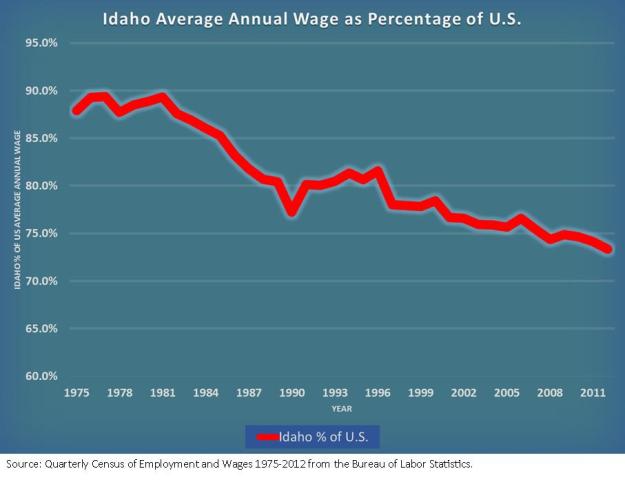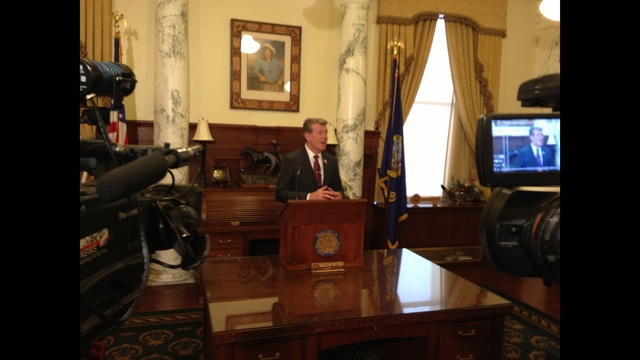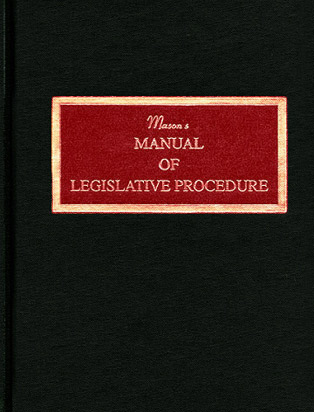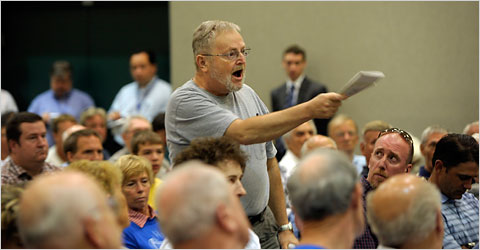The Idaho Department of Health and Welfare (IDHW) will propose a $11M expenditure to the legislature this session. The goal is to provide mental health and drug abuse services to recently released convicts who are back in the community. The idea is that such an investment ($1500/year) might keep some offenders from returning to prison ($30,000/year). About a third of Idaho offenders released to the community return to prison within three years.
This seems like a good investment in our community. I have little faith the legislature will see it as such. And here’s why. This cost to the Idaho taxpayer would be nothing if the legislature had considered expanding Medicaid eligibility. And such a consideration is toxic for the legislature, even though most Idaho residents consider it reasonable.
The cost benefit analysis of Medicaid eligibility expansion under the Affordable Care Act was looked at carefully four years ago by a work group requested by Governor Otter. The analysis showed that enrolling the uninsured would save Idaho taxpayers but did not include any savings for this group of recently incarcerated. They found such calculations too difficult. But with prompts from the Justice Reinvestment Oversight Committee and the Judicial Council, the IDHW looked at this as a source of savings to Idaho taxpayers and brings this recommendation. But they also brought PCAP last year (an expensive compromise) when the legislature had refused to consider eligibility expansion. Both are attempts to get the legislature to solve the problem of access to health care to prevent expensive costs. And I predict the new proposal will die the simple death (as PCAP did) that the legislature wishes would come to all the uninsured, if only such deaths were as cheap as our current ignorance. But the piper will demand payment.
The legislature (and the Freedom Foundation) will see the IDHW proposal as a back door for Medicaid Expansion, which should have been done four years ago and now is dead thanks to Trump and Ryan. Idaho citizens have lost $2B in support thanks to our legislature and lack of leadership on any level. So is the ACA dead? What would be their solution? We have engaged the piper; people expect health insurance. Can Trump and Ryan roll that back? Is that their plan? I haven’t caught the tweet.
I am thankful IDHW has made such a proposal. Should the legislature have the courage to burden Idaho taxpayers with such a program, now, at least we can count the dollars we are spending, so we can know how much we could have saved.
This is a tough issue. Providing appropriate care and paying for it are responsible choices we should all be willing to consider. I wish our leaders had the courage.








